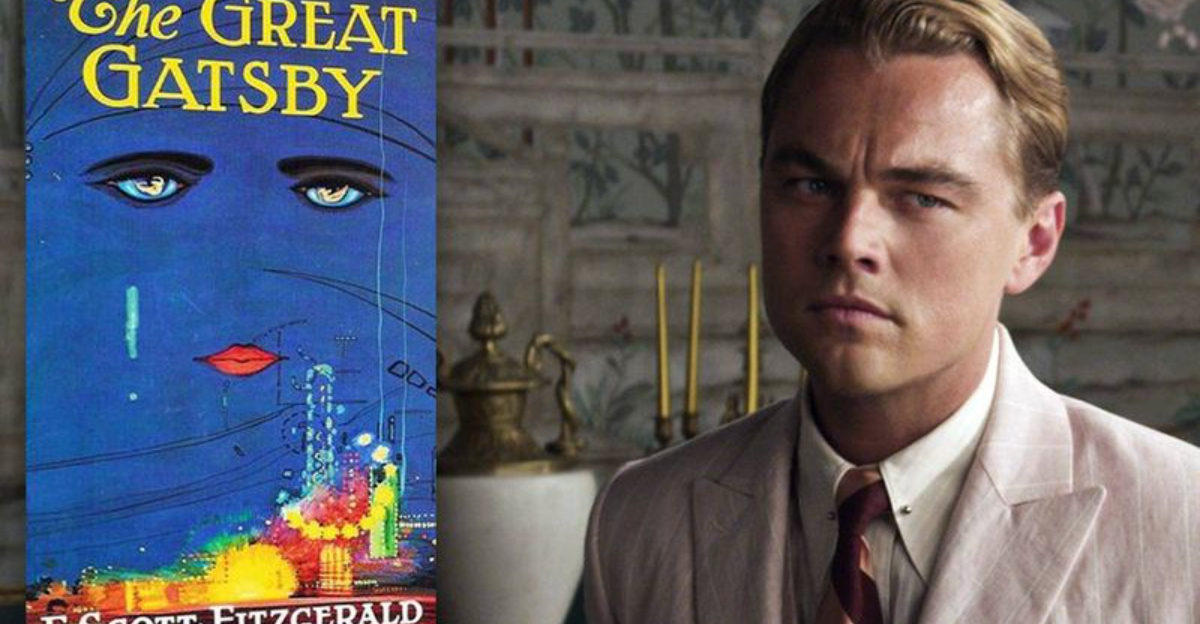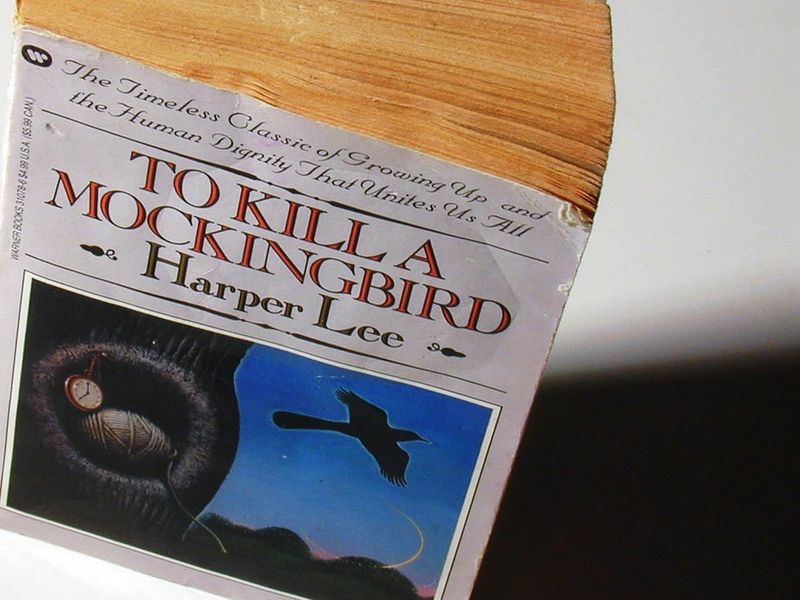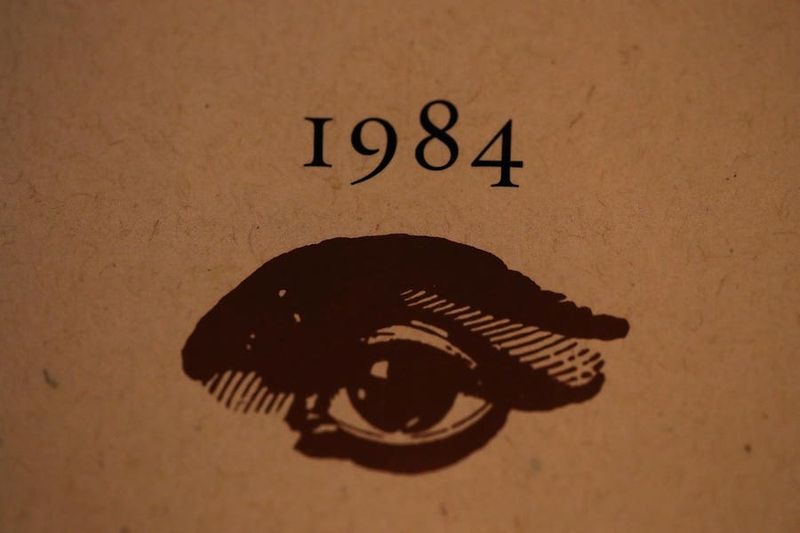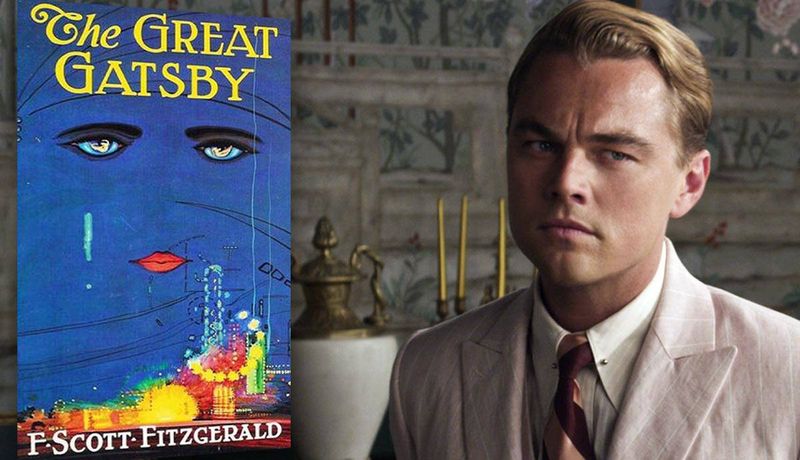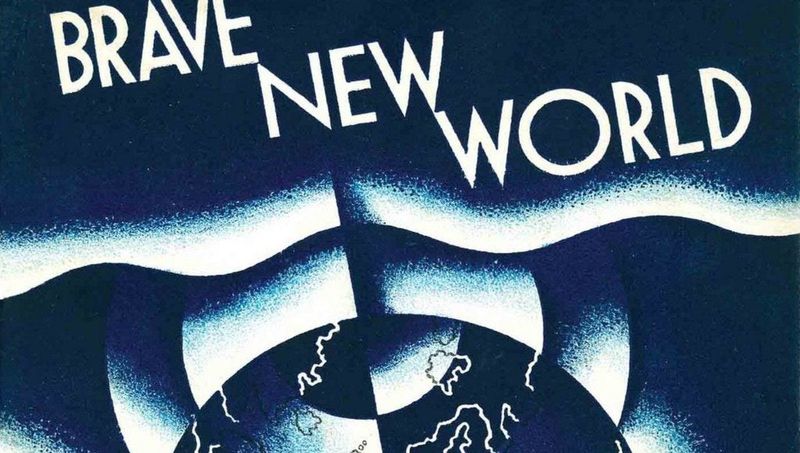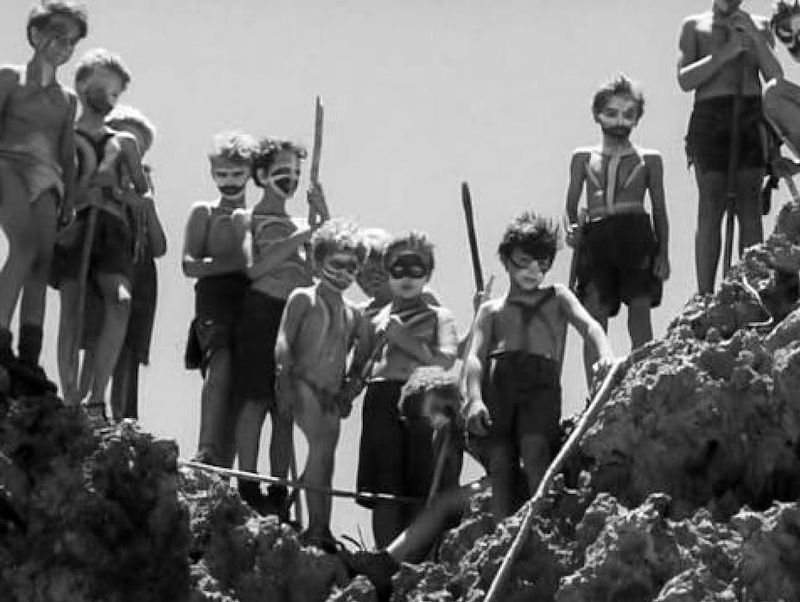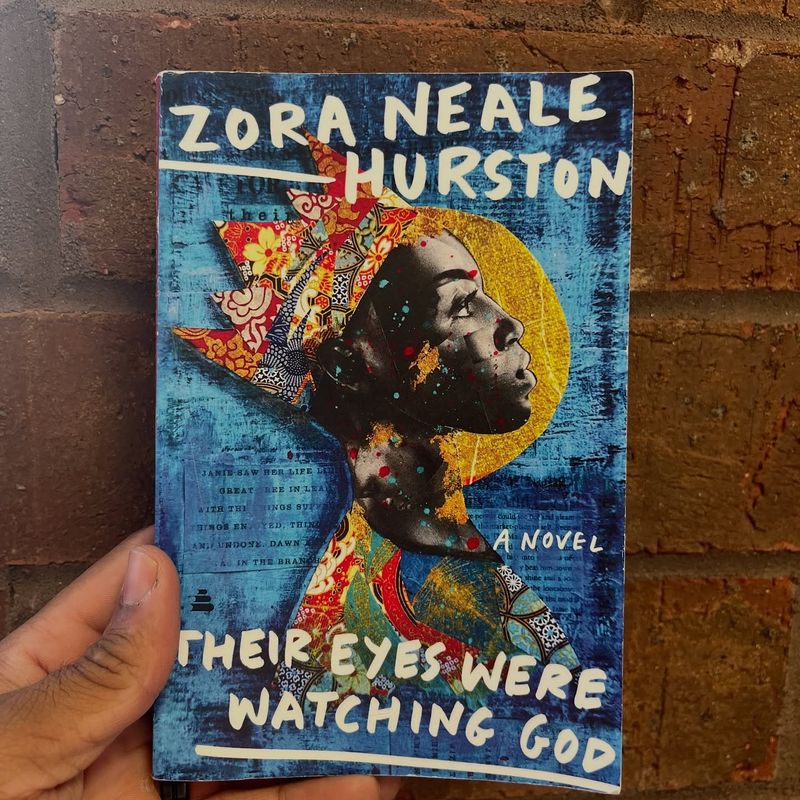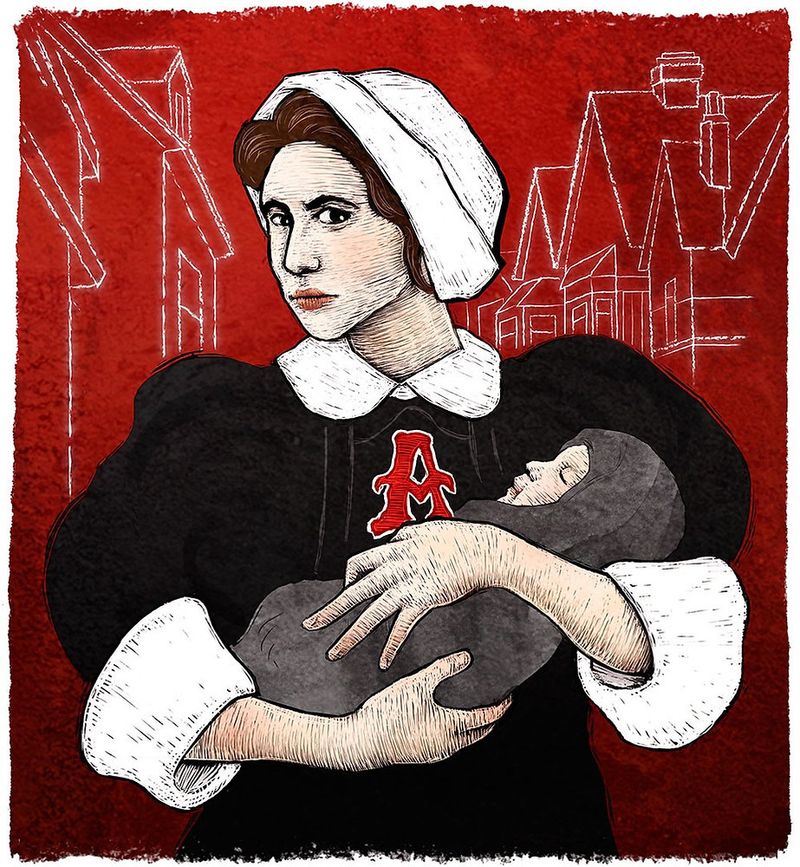Let’s be honest—when we were in high school, many of the so-called “classics” felt like torture. Long sentences, outdated language, themes we were too young to relate to. But now? These books hit different. With some life experience under your belt, these literary gems reveal layers of meaning, wit, and wisdom you probably missed the first time. Here’s why it’s time to revisit them.
1. To Kill a Mockingbird by Harper Lee
As a teen, Scout’s journey might have been the focus. Now, Atticus Finch’s quiet moral courage resonates deeply. The complexities of justice and racial inequality stand out, transforming this from a mere courtroom drama to a profound lesson in empathy. You might find yourself more drawn to the layers of wisdom hidden within its pages. Reflecting on the bitter realities of racial injustice, this narrative strikes a chord that echoes louder with age and experience.
2. 1984 by George Orwell
In high school, Orwell’s dystopia might have seemed far-fetched. Today, its eerie prescience about surveillance, media control, and rewritten history strikes a familiar chord. Big Brother’s omnipresence is hauntingly relevant, painting a picture of a world not entirely unlike our own. The chilling portrayal of a society stripped of freedom and truth now mirrors certain aspects of contemporary life, making Orwell’s warning impossible to ignore.
3. Of Mice and Men by John Steinbeck
As a teenager, the friendship between Lennie and George may have seemed paramount. Now, the fragility of dreams and the weight of responsibility cut deeper. The loneliness of the Great Depression era, once distant, now resonates. It’s a tale of shattered dreams and human connections that are as fragile as they are profound. Steinbeck’s portrayal of hope and despair offers a poignant reflection on the human condition that lingers long after reading.
4. The Great Gatsby by F. Scott Fitzgerald
Gatsby’s tragic romanticism may have caught your eye in school. However, as you grow older, the hollowness of the American Dream becomes evident. The dazzling parties now seem toxic, as wealth blinds truth. That green light at the end of Daisy’s dock reveals itself to be an unattainable dream, a metaphor for the illusions we chase. As the layers of superficiality peel away, the brutal realities behind the glamour are starkly revealed.
5. Catcher in the Rye by J.D. Salinger
Holden Caulfield’s teenage angst might have seemed melodramatic in school. Now, his struggle with grief and longing for authenticity takes center stage. What once appeared as youthful rebellion is now a poignant exploration of trauma and the search for genuine connection. The raw honesty in Holden’s narrative reveals layers of vulnerability and insight, transforming what was once perceived as whining into a heartbreaking cry for help.
6. Brave New World by Aldous Huxley
Huxley’s world of pleasure, tech, and distraction might have seemed exaggerated in school. Now, it feels uncomfortably close to home. In a society increasingly obsessed with convenience over freedom, the novel’s warnings about the cost of comfort are more relevant than ever. The illusion of happiness, juxtaposed with the reality of control, offers a mirrored reflection of our times. It’s a cautionary tale that urges a re-evaluation of our own world.
7. Lord of the Flies by William Golding
In youth, it’s a tale of survival and adventure. As an adult, ‘Lord of the Flies’ becomes a chilling study of human nature’s darker side. The thin veneer of civilization is stripped away, revealing primal instincts. The island isn’t the horror; it’s the boys’ descent into savagery. Golding’s narrative challenges assumptions about human goodness, portraying a stark reality where societal rules are absent. It’s a haunting reminder of what lies beneath.
8. Frankenstein by Mary Shelley
Once a simple monster story, ‘Frankenstein’ now unfolds as a rich philosophical debate on ambition and ethics. Sympathy shifts from Victor to his creation, revealing the nuanced tragedy of abandonment. As scientific exploration continues to push boundaries, the ethical dilemmas posed in Shelley’s tale resonate with a new intensity. It’s not just a gothic horror; it’s a profound commentary on responsibility and the human desire to transcend limitations.
9. Their Eyes Were Watching God by Zora Neale Hurston
Janie’s journey towards self-discovery and love might have seemed distant in school. Now, her quest for independence and identity resonates deeply. Hurston’s narrative weaves a tapestry of cultural and personal exploration, with Janie’s voice growing stronger with each chapter. It’s a powerful reflection on finding one’s path and voice, offering insights into the complexities of love and freedom that become more poignant with age.
10. The Scarlet Letter by Nathaniel Hawthorne
Hester Prynne’s tale of sin and judgment might have felt archaic in school. As an adult, her resilience shines through, transforming her into a figure of quiet defiance. In the face of hypocrisy, her strength becomes a powerful statement against societal norms. The novel’s exploration of shame and redemption offers a timeless commentary on human nature and societal expectations, presenting Hester as a feminist icon ahead of her time.
